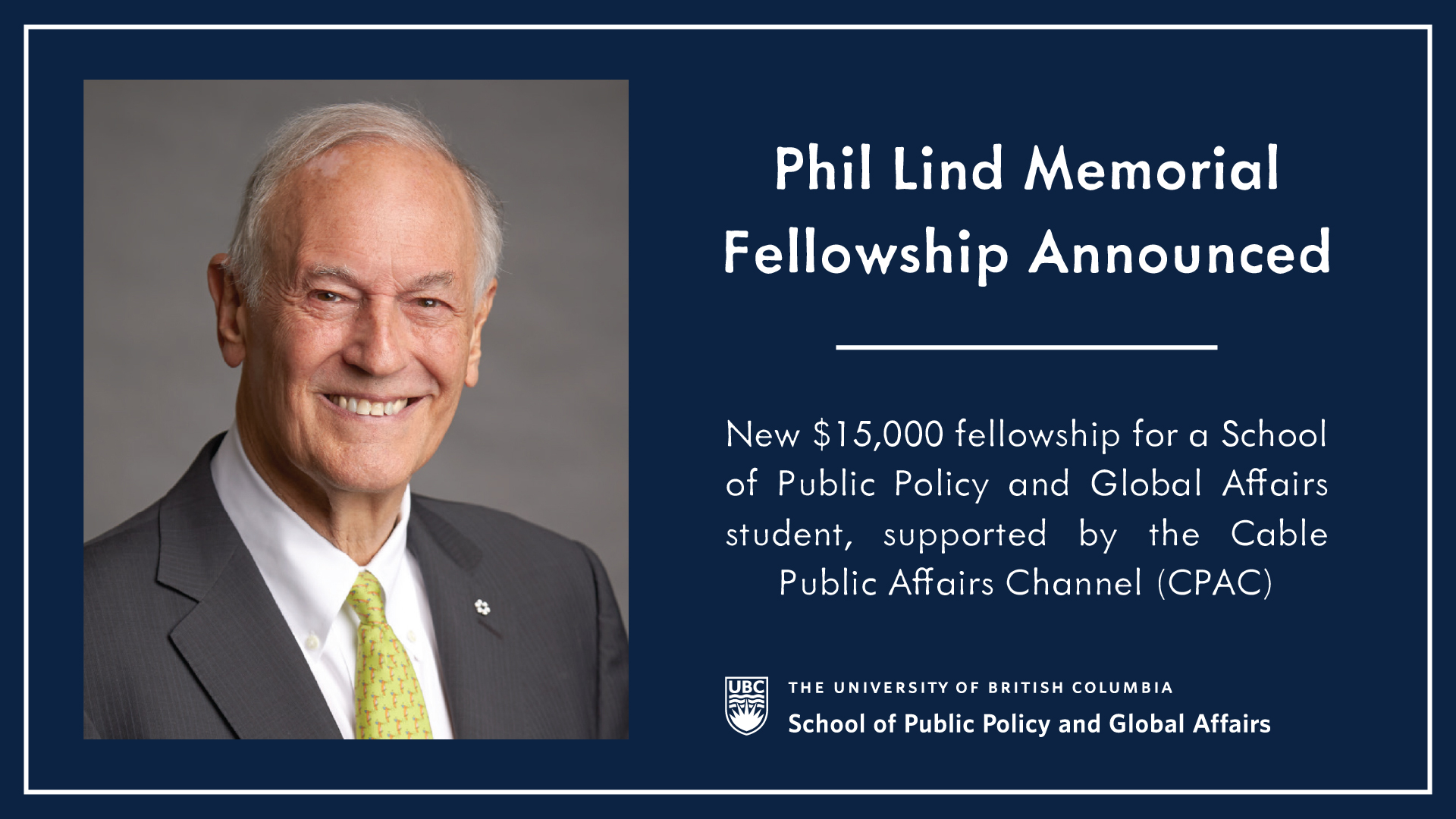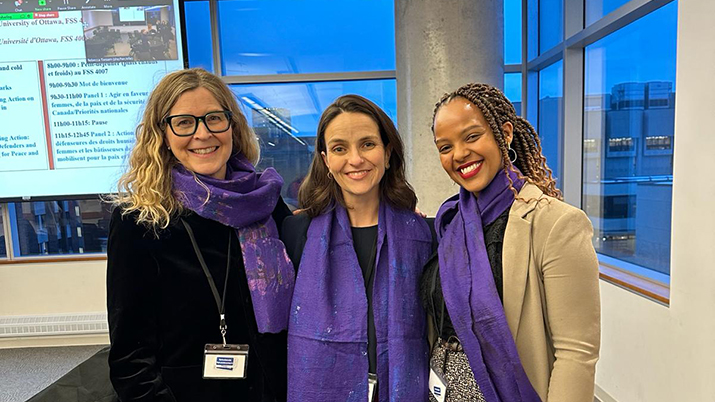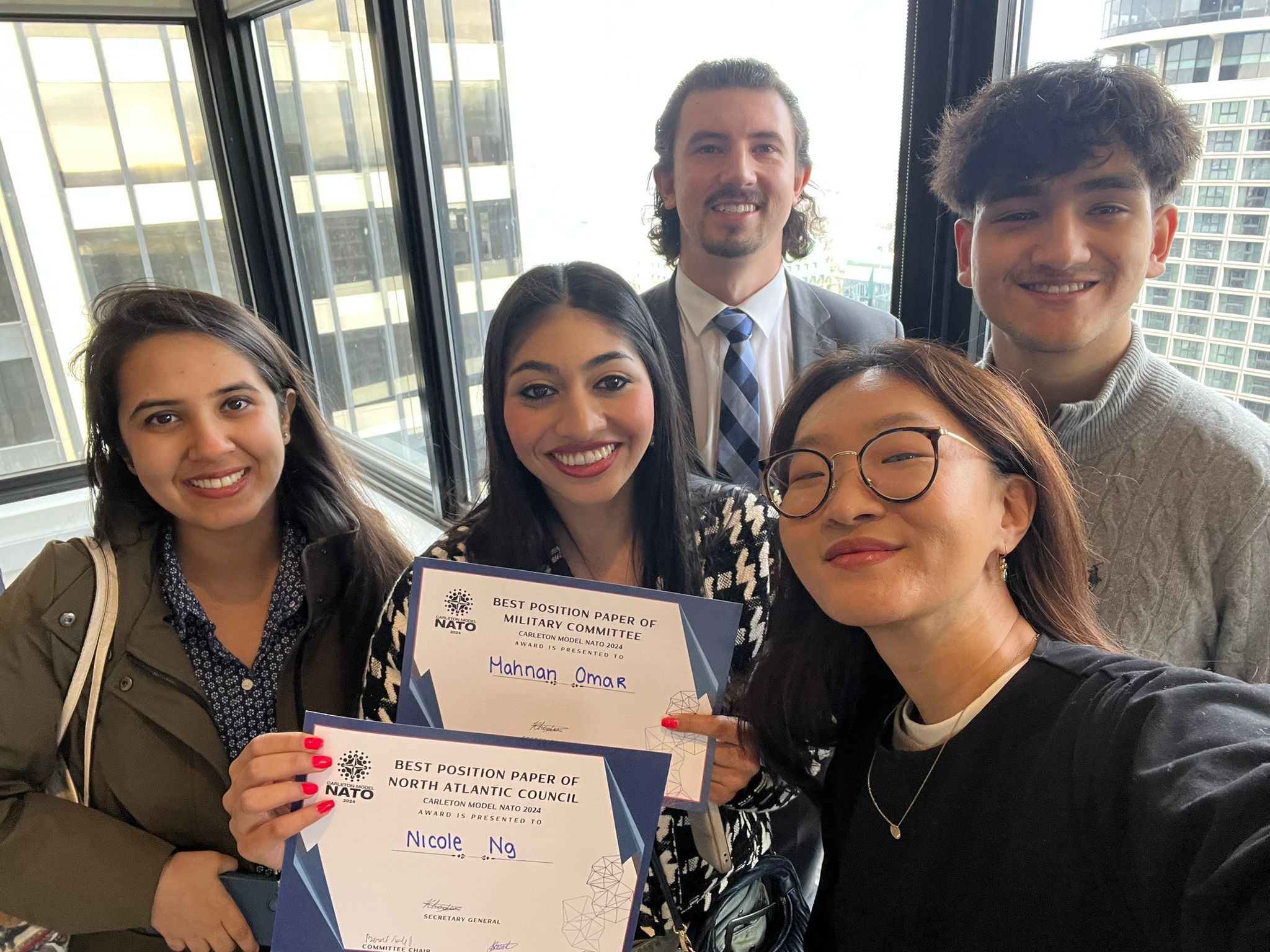

Denby McDonnell, a Master of Public Policy and Global Affairs alumni, participated in the 26th UN Climate Change Conference of the Parties (COP26) in Glasgow on behalf of her employer, Ecotrust Canada.
We spoke with Denby to learn more about her goals for attending COP26, her insights on the key outcomes of the summit, and her main takeaways.
SPPGA: Congratulations on your participation in COP26 on behalf of Ecotrust Canada. Could you tell us about work as Program Manager of Climate Innovation?
The Climate Innovation initiative has three main focus areas: we support Indigenous communities in advancing forest carbon offset projects, work on Canadian policy development for natural climate solutions, and are partnered with Blockchain for Climate Foundation to help countries issue & exchange carbon credits and advance Article 6 of the Paris Agreement.
SPPGA: What are the linkages between your current work and what you learned in the MPPGA program?
My work involves building and advising on federal policies for Natural Climate Solutions, and being able to communicate our work in clear language to broad audiences. The MPPGA program helped me develop the skills to look at the many facets of a problem, identify what needs to be addressed, and implement solutions.
SPPGA: COP26 brought parties together to accelerate action towards the goals of the Paris Agreement and the UN Framework Convention on Climate Change. In your opinion, what were the key outcomes at COP26 to ensure urgent action is taken to address global climate change? What were the missed opportunities?
One of the most significant outcomes of COP26 is that countries agreed on the rules for implementing Article 6 of the Paris Agreement. Article 6 enables countries to issue and exchange carbon credits, called Internationally Transferred Mitigation Outcomes (ITMOs), driving investment into climate action wherever opportunities exist around the world, and helping countries reach their climate targets by efficiently supporting emissions reductions where they can be best achieved.
We see this as an opportunity for countries to reach their climate goals more quickly – by advancing Natural Climate Solutions around the world and creating demand for Indigenous-led projects. Many outcomes of COP26 were encouraging, such as the inclusion of the need for “phase-out of inefficient fossil fuel subsidies”, and the emphasis on nature for mitigation and adaptation.
Beyond this, whether COP26 is a success or failure really depends on how well countries implement their commitments and whether they increase climate ambition and NDCs in 2022.
SPPGA: What were your goals for attending COP26 and do you feel you achieved them?
Blockchain for Climate Foundation’s goal was to launch its BITMO Platform on the Ethereum blockchain, and develop a National Party Working Group, comprised of country representatives, to pilot the BITMO Platform and issue and exchange carbon credits on the Ethereum blockchain. We were able to have valuable conversations with a variety of lead negotiators from countries around the world, and we look forward to collaborating with these countries in the coming months.
SPPGA: What were some memorable experiences that you had during your participation at COP26?
I can’t think of any event in the world as stimulating and exciting as COP26. Being able to connect with Article 6 lead negotiators from countries around the world was incredibly memorable. I am reassured and invigorated by the incredible people that I met and their commitment to addressing the climate crisis.
Follow her on Twitter @denbymcdonnell


